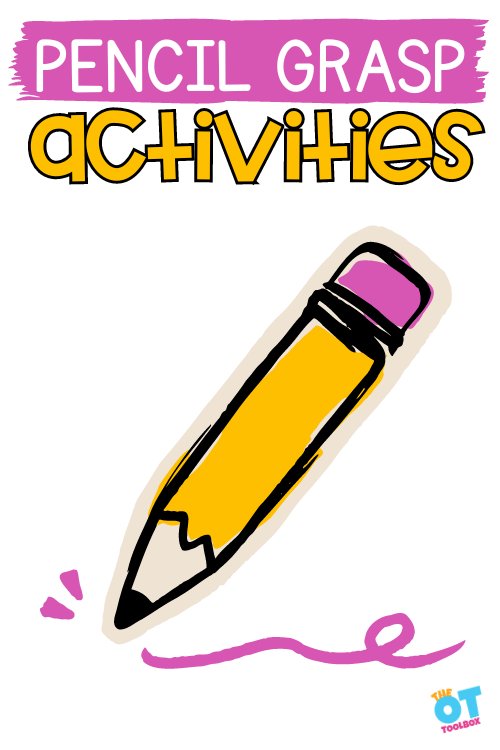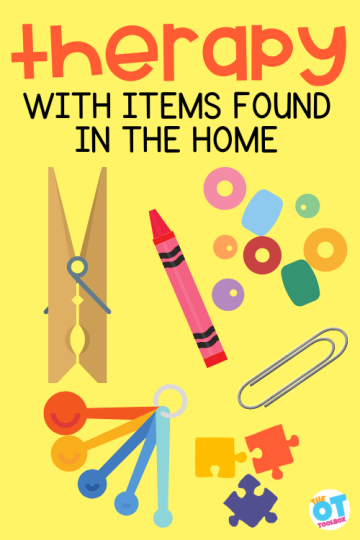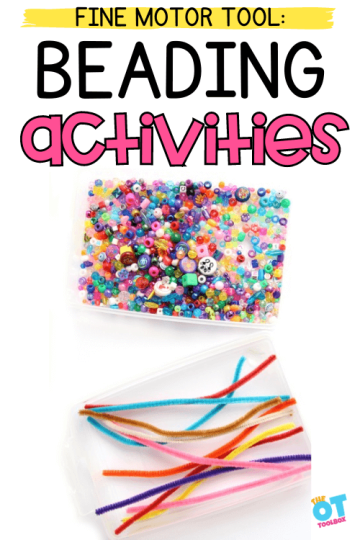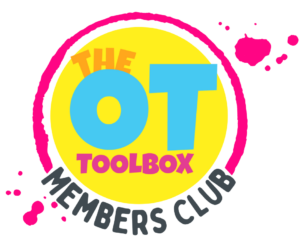Emotional intelligence in children is a skill that takes practice, example, and more practice to develop. For all of us, emotional intelligence can be an ongoing skill that impacts social emotional skills, relationships, and functioning in day to day tasks. Here we are
For those of us raising children and working with children it is clear that they need more than ‘book smarts’ to navigate the rather complex world that they are growing up in. For a long time the intelligence quotient or Emotional IQ was the only benchmark for measuring children’s potential and predicting how well they would achieve.
In more recent times people studying development and psychology realized that there were other skills necessary for achieving success in the world. One of these sets of skills has become known as Emotional Intelligence.
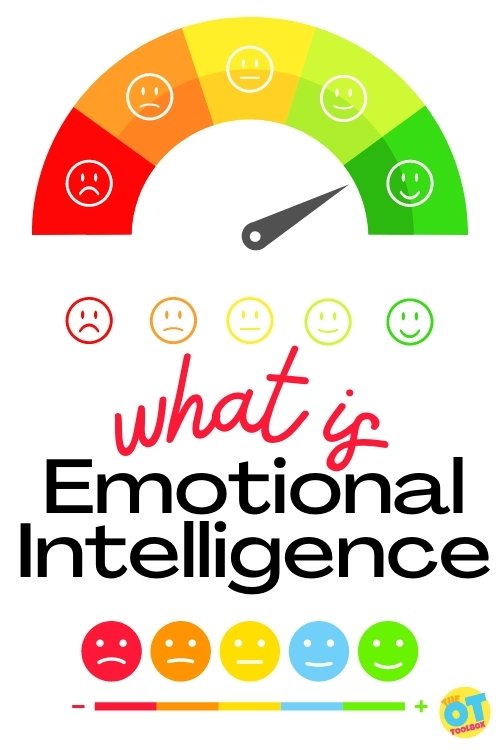
What is Emotional Intelligence?
Emotional intelligence is described as the ability to understand and manage your own emotions and to understand the emotions of those around you. The concept of emotional intelligence also known as emotional quotient or EQ developed in the 1990’s and has gained widespread acceptance in recent years.
Instrumental in the development of the theory and models of emotional intelligence is Daniel Goleman a psychologist and author. Goleman and emotional intelligence may be terms that you’ve heard connected, where he describes four main domains that make up Emotional Intelligence.
These domains are self-awareness, self-management, social awareness, and relationship management. What do each of these emotional intelligence domains mean?
- Self-awareness – Self-awareness is having conscious knowledge of your own character and feelings. This results in being able to recognize your strengths and weaknesses. Self-awareness in kids plays a role in emotional control, mindset, habits, and executive functioning skills.
- Self-management – Self-management is being able to control and manage your emotions in a healthy way. Self-management for kids involves self-regulation, mindset, habits, and self-control. Co-regulation plays a role in this aspect as well.
- Social awareness – Social awareness is the ability to pick up the emotions of other people and to understand what they are feeling. This can be a challenge for children of all needs.
- Relationship management – Relationship management is the ability to build relationships with others through positive interpersonal communication skills (Segal, 2020). Children develop relationship management skills through example by watching others in their lives, by interacting with peers and adults, and through play.
The domains are further broken down into twelve competencies and learnable skills that are relevant to the specific domain. (Matlock, 2017)
At the bottom of this post, you can find hands-on activities for children that develop each area of these emotional intelligence skills.
Emotional intelligence and emotional leadership
Emotional leadership is a term developed by Goleman and others, and refers to leadership in groups, impacted by one’s emotional intelligence. When you take a look at the domains of EI, you can see how they play into the functioning of a group.
Occupational therapists know a thing or two about group management and group leadership. At it’s infancy, occupational therapy played a major role in group therapy and mental health. While this domain of occupational therapy intervention is no longer primary area of intervention, there are still many OTs working in the mental health arena and especially in the group treatment intervention.
Emotional leadership is an important part of group occupational therapy sessions, as the participants are interacting with others in the group and developing specific individualized goal areas but also group goal areas. Groups in therapy have a leader, often the therapist, but sometimes the therapist presents as a facilitator but one that keeps the group on track as the group interacts with other participants.
In this way, participants can develop emotional leadership skills and skills that can be used outside of the group setting as a development of emotional intelligence and emotional learning.
It is clear that a lot of work has been done on developing an understanding of emotional intelligence and the components that make up this construct. But how important is emotional intelligence in the lives and development of our children?
Is Emotional Intelligence Important?
Cognitive behavioral therapy recognizes that feelings or emotions can influence thoughts. When emotions run high they can alter the way our brains work and this can have a negative effect on our cognitive abilities. Our feelings can influence the decisions we make and how we interact with other people. It makes sense that having a greater understanding of our emotions will help guide how we interact with others.
Improving our emotional intelligence makes it easier to resolve conflicts, manage our stress and interact appropriately with those around us (Segal, 2020). And children will definitely benefit from developing these skills. Children’s learning is influence by their emotional state so managing emotions in a positive way allows children to be receptive learners at school.
Emotional intelligence includes the ability to name emotions. The act of naming emotions tends to diffuse their intensity and lessens the negative impact they may have on our cognitive abilities. The psychologist Dan Siegel refers to this as ‘name it to tame it’ (Schwartz, 2015). The value of recognizing feelings and emotions is evident but how does emotional intelligence develop.
Development of Emotional Intelligence
When asked how emotional intelligence develops in a recent interview Daniel Goleman stated that “emotional intelligence begins to develop in the earliest years. All the small exchanges children have with their parents, teachers, and with each other carry emotional messages. These messages repeat over and over to form the core of a child’s emotional outlook and capabilities.” (Scholastic, viewed 2021)
As adults interacting with children it becomes important to ensure that we are able to recognise and manage our own emotions. Once we are able to do this we can become valuable role models for children and we can provide opportunities for them to see emotional intelligence in action. Recognizing and discussing emotions with children lays a foundation for their self-regulation.
The development of emotional intelligence begins in infancy, through interactions with caregivers, and continues as children are socialized across their school years alongside parents, peers, and teachers. Emotional intelligence is gained through both informal experiences (observations and conversations) and through and formal instruction (being taught emotion vocabulary, learning self-regulation strategies).
How emotional intelligence is taught depends on age, but unlike learning other skills such as math and science or English language arts, there is no age at which it is too early or too late to develop your emotional quotient. The parts of the brain needed to develop emotional intelligence are active from birth and will continue to develop throughout life.
As with many developmental tasks it seems that the first few years of life the brain is at its most receptive to learning key skills. And emotional intelligence is one of these important skills. (Brackett, Cipriano, 2015)
This resource on executive functioning skills and emotional regulation shares more information on the role executive functioning skills play on emotional IQ.
How to Teach Emotional intelligence?
An essential part of developing emotional intelligence is being able to talk about feelings. This skill set is often termed emotional literacy and it is something that we are able to teach young children.
We can teach children to read and understand emotions and to respond appropriately to their own emotions and the emotions of others. Goleman explains that you can teach young children about the most basic emotions, such as happiness and anger and when they get older touch on more complicated feelings, such as jealousy, pride, and guilt (Scholastic, viewed 2021).
It is important to remember to include a range of emotions both positive and negative when talking about feelings.
Although it is not always comfortable talking about negative emotions it is important that children recognize and accept the wide range of emotions that they are likely to experience during their lives. We can incorporate opportunities to promote emotional intelligence in our everyday lives.
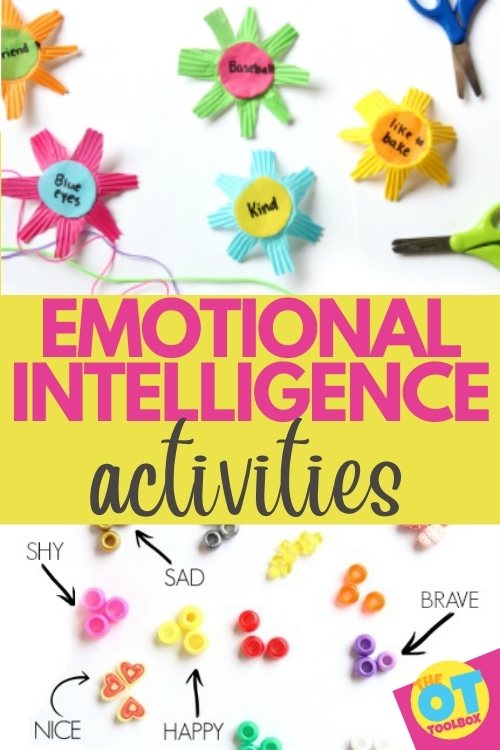
Emotional Intelligence Activities
What does promoting Emotional Intelligence look like in a therapy session?
As an occupational therapist (and a parent!) it can be overwhelming to think about the number of developmental needs that fall within your domain of influence. My therapy approach has always been aligned with building confidence and self-awareness in the children that I treat so in that way emotional intelligence has been fostered through incidental learning and interactions.
In more recent times I have used tools and resources that focus specifically on building skills that will enhance emotional intelligence – empathy, self- regulation, communication skills – depending on what the individual child needs.
In my therapy session the first few minutes are spent getting a gauge of where the child is at and what their mood is like. By spending a few minutes engaging one on one with the child I am able to assess their level of attention, level of arousal and motivation at the time. I also have a mood meter on my wall and the kids love moving the arrow to the colour that corresponds to how they are feeling that day – low energy, just right energy, slightly high energy or off the chart energy levels.
With a reluctant child I might get the ball rolling by sharing how I am feeling that day and using the mood meter to plot my energy levels. I also have a feeling chart called ‘How does your jellybean feel today?” adapted from a book by Susan Jelleberg (Jellybean Jamboree).
This introduces the idea of naming emotions and of expanding our vocabulary related to emotions. In this way I feel I am working on the self-awareness component of emotional intelligence.
The next step is ensuring that the child is in a good space to learn and this means aiming for a calm-alert level of arousal. The Zones of Regulation offer a number of tools to help children reach that just right space. Some children need activities to lift their energy and some children need activities to lower their energy levels. I find deep pressure or proprioceptive activities work like a charm and I also use breathing activities frequently in my therapy sessions.
In this way we tackle some of the self-management aspects of emotional intelligence.
Social management is a tricky one for young children to pick you. Learning that the people around them do not always think and feel the same is them is an on-going process. There are some lovely activities to encourage empathy in children and to help them become aware of other people’s feelings.
Finally relationship management is encouraged through appropriate interactions between myself and the child during the therapy session. For some children this means learning how to deal with losing a game or competition, learning the skills of turn taking in conversation, or how to give and receive complements.
So within the confines of a short therapy session, while working on other specific OT goals, it is very possible to facilitate and encourage a child’s emotional intelligence. An understanding of emotional intelligence and is various elements means that it is also possible to encourage its growth in the classroom and in our homes.
And it is with this well-developed emotional intelligence that I believe our children will be able to successfully navigate the world they are growing up in and find meaning in their lives.
For further information on some of the component skills and activities related to emotional intelligence have a look at the following links. There are numerous resources on the OT Toolbox that deal with developing different components of emotional intelligence.
Self-Awareness Activities for Kids
To develop self-awareness it is important to be able to understand what you are feeling. Children can participate in some of the following activities in increase their awareness of emotions.
These self-awareness activities promote social emotional development through the awareness and process of practicing identification of emotions:
These emotions playdough mats can be used to teach kids emotion names and emotions they may have felt in the past. Kids can create the facial expression that matches the emotion name, building self-awareness of emotions.
Penguin emotions game– Use this penguin theme emotions activity to support emotional intelligence in kids.
Social emotional learning– This social emotional skills worksheet supports the development of emotional intelligence by allowing children to draw in facial expressions that match various emotional states.
Social emotional learning 2– This comprehensive resource on social emotional learning supports development of emotional intelligence by offering resources and information on how children develop emotional skills and ways to support that development.
Spring matching emotions slide deck game– This Spring themed emotions activity supports the development of emotional skills by offering practice and matching of facial expressions.
Emotions Check in– You can foster a sense of self awareness by allowing kids to identify their emotions. This can be a part of the routine in the classroom, home, or with each therapy session. A sightly different strategy would be identifying feelings with a feelings check in.
Self-Management Activities for Kids
To develop self-management skills you need to move beyond identifying emotions and figure out strategies that will help to regulate these emotions and subsequent behaviours.
This Zones of regulation toolbox offers a collection of activities and resources designed to promote self-regulation and self-management skills for kids.
Breath control is an important skill for kids to achieve in developing and refining self-management skills.
Deep breathing exercise cards are a powerful tool to use in building and developing self-management skills for kids. Print off these cards and use them over and over again to meet the interests and needs of a whole classroom or clinic of children.
Proprioception activities are heavy work movement activities that provide children with a sense of awareness when it comes to how their body moves through space or in a given situation.
Social Awareness Activities
To develop social awareness you will need to understand other people’s emotions effectively. These hands-on social awareness activities are strategies that children can use to develop emotional intelligence in social situations.
Empathy for others- Developing empathy requires practice and awareness. This Quick as cricket activity for Empathy helps children to understand the perspectives of others through a classic children’s book. The hands-on accompaniment activity gives kids a chance to practice their empathy skills and put them to work in social situations or through the social interaction with others.
Try these friendship activities to work on specific skills in developing social awareness, relationships skills, and interpersonal skills in children.
Through books, families can look at the pictures and come back to specific concepts again and again. And, adding hands-on, multi-sensory play experiences brings those concepts home. Be sure to check out our resource on calm down toys for more ideas.
In the resource, Exploring Books Through Play, you’ll do just that.
This digital, E-BOOK is an amazing resource for anyone helping kids learn about acceptance, empathy, compassion, and friendship. In Exploring Books through Play, you’ll find therapist-approved resources, activities, crafts, projects, and play ideas based on 10 popular children’s books. Each book covered contains activities designed to develop fine motor skills, gross motor skills, sensory exploration, handwriting, and more. Help kids understand complex topics of social/emotional skills, empathy, compassion, and friendship through books and hands-on play.
Click here to get your copy of Exploring Books Through Play.
Relationship Management Activities
To develop relationship management skills you will need to know how to develop and maintain good relationships with other people. These relationship management activities are strategies to work on emotional intelligence during interactions and relationships with others.
These Social skills interventions are therapy activities designed to promote relationships with others through hands-on activities that give kids practice to support relationship skills with others.
This resource on Executive functioning in school is helpful in addressing relationships with peers, mentors, and teachers.
To work on emotional development requires many executive functioning skills, including impulse control, working memory, mindset, attention, planning, self-talk, inhibition, and more. To address these skills in kids, using a fun, hands-on approach to talking about these skills through lists, drawing, and goal-setting is key. You’ll find the exact tools to address these needs in the printable, Impulse Control Journal.
The Impulse Control Journal…a printable resource for helping kids strategize executive functioning skill development. When saying “calm down” just isn’t enough…
When a child is easily “triggered” and seems to melt down at any sign of loud noises or excitement…
When you need help or a starting point to teach kids self-regulation strategies…
When you are struggling to motivate or redirect a child without causing a meltdown…
When you’re struggling to help kids explore their emotions, develop self-regulation and coping skills, manage and reflect on their emotions, identify their emotions, and more as they grow…
Grab the Impulse Control Journal to build organizational strategies, planning, prioritization, habits, and mindset in kids.
Contributor to The OT Toolbox: Janet Potterton is an occupational therapist working predominantly in school-based settings and I love, love, love my job. I have two children (if you don’t count my husband!), two dogs, one cat, two guinea pigs and one fish. When I am not with my family or at work I try to spend time in nature. The beach is my happy place.

